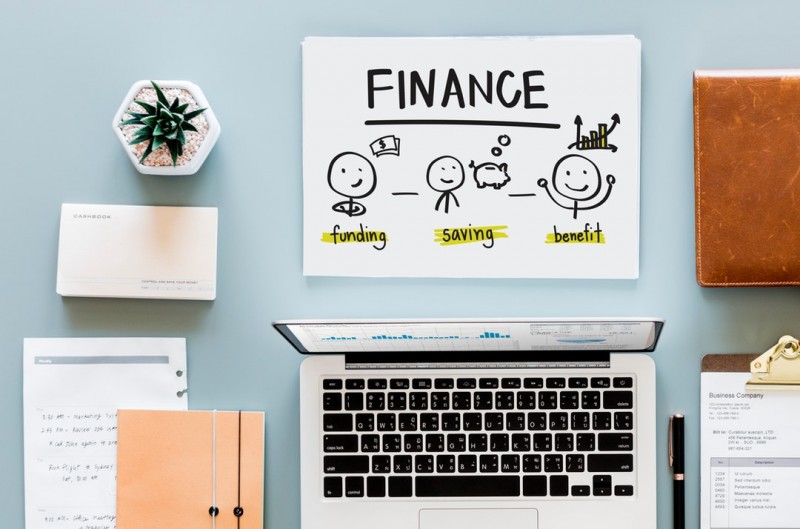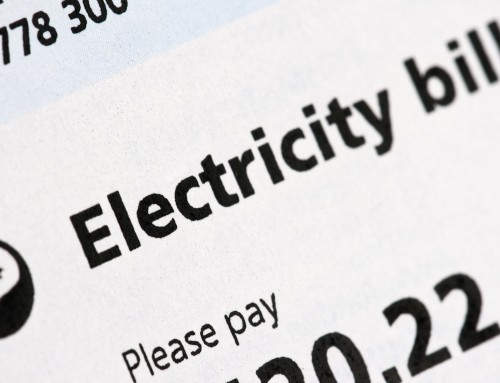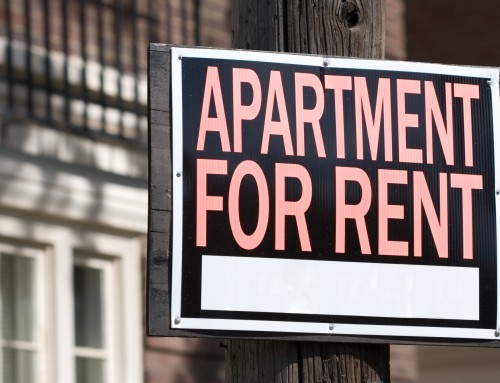Most people think the more money you make the easier it is to save. Oh, how we wish that were true. You may be climbing up the ladder at work, but that doesn’t mean the money will save itself.
Unfortunately, as we make more we tend to find more things to spend it on. If your one of the many people who is constantly worried about money then it’s time to learn how to manage personal finances.
1. Figure Out What Your Goals Are
The first thing you should do when figuring out your finances is to figure out your goals. If you don’t know where you want to end up the planning out the way there is going to next to impossible.
Write out what you want to do with your life and prioritize them. Maybe starting a family is at the top or your list, buying a home, or getting married. While there are always affordable ways to do these things, it does take preparation to make them happen.
Set apart your long-term and short-term goals, knowing what order these things are on your list can help you figure out the best way to save for them.
2. Make Your Own Plan
This is a huge part of learning how to manage personal finances, with no plan of action you have no way to know if you are on track to reaching your goals. You need to figure out your budget, how much you can spend and how long it will take you to get out of debt.
Look at your list of goals and make your budget to be able to achieve them. Sit down and itemize all of your expenses, and how money you have coming in each month. Don’t forget to include your morning coffees, lunch with the girls, and happy hour. It all adds up pretty quickly.
Once you get your budget all figured out you should stay away from impulse buys, they can mess up your whole plan.
If you’re planning on taking a trip or changing jobs, all of that can affect your budget and your plan. You can also take your taxes into account. If you know when you’re going to get your refund transfer back you can easily add that into your plan.
Worked in your plan should be a way to start saving. Having an emergency fund can help you stay on track if unexpected costs come, like a tire blow out or an illness that keeps you away from work for a while.
3. Stick to Your Plan
If you don’t stick to your planned budget then you might as well not have one. If you stray away from what your budget says it going to be hard to stay on track to reach your goals.
When your spending goes off track, you’ll tend to buy the things you want at the moment and not the things that are important to you in the long run. Sure going out to lunch or getting your nails done is great, but saving to buy a house is even better.
Be careful not to use an excuse to spend more money. It will always be easy to say hey, its Fourth of July, or Christmas or my boyfriend’s birthday. But there is always a way to show the ones you love that you care without spending a lot of money.
As you get better at budgeting the easier it will get and the more money you’ll feel like you have, but be careful not to overspend. If you slip up a few weeks in a row then you could end up back where you started.
4. Use Cash for Pocket Money
If you’ve set up your budget but you’re still having problems staying within it consider doing what’s called a cash diet. If you only take cash out that equals the amount of money you have allotted yourself to spend and leave your cards at home, you can’t mess up your budget.
In a day and age where you have become accustomed to having your cards with you, this can be really uncomfortable. It will mean that you have to be extra careful about what you spend through the day. On the other hand, you will always stay on budget.
5. Pay Off Your Debt
While this might seem like a no-brainer, it will take a lot more work and planning then some people realize. It’s also one of the most important things you can do, having debt can be a huge weight looming over you.
Making just the minimum payments are never going to get rid of your debt. You should focus your energy on one of your debts while paying the minimum on your others. Tighten your budget a little and put all you can behind it. Then when it’s paid off, throw all of that behind another debt. By doing this, you can create a positive snowball. The more you pay off the fewer debtors you’ll have to divide your check between.
Something else that can keep your debt down is to stop carrying your credit cards! We know it sounds crazy, but you need to get into the habit of only spending what you actually have the budget to spend.
Right along with that are the checks that the credit card companies send out. Avoid them, shred them and act like they don’t exist. The interest rate on them is usually so high that it will take you a very long time to pay off that debt.
6. Save Everything You Can
You should be saving at least 10 percent of everything you make. While 10 percent isn’t enough to retire from, but it’s a good start to get you in the habit of saving.
Start thinking of you saving 10 percent as like any other bill that you have. How much you put away will vary slightly depending on how much you’re making at the time but you can plan for it in your budget based on an average.
If you can’t afford 10 percent, then you’re really reading the right blog for you. However, the better you get at budgeting and saving money the easier it will be, you should slowly start to increase the percentage that you are saving.
Eventually, it should be around 30 percent. But don’t fret if you’re far off from being there now, you can get there with time and practice. Remember, the more you pay down your debt the more money you’ll be able to save.
7. Talk to People and Get Advice
It’s always good practice to talk to people that are doing what you want to do. If you have friends or family who have good spending habits or that are financially secure, ask them how they got that way.
Also, a lot of times churches or community centers offer financial planning classes. That can be a good place to help you not only learn but stay in the mind frame to keep managing your finances.
Once you getting the hang of it and have more money to save you should talk to a financial adviser. They can help you figure out where to invest and how to keep on the right track. A good financial investor will explain everything and make sure you are comfortable with any investment that you are making.
8. Make a Vision Board
Before you start laughing, we’re serious. There is something about seeing your goals all laid out that makes them seem more achievable. Making a board will get you to think in more specifics.
You know you want a home but what do you want it to look like? Where do you want it to be? Obviously, your vision board doesn’t mean that these choices are set in stone, you can always change your mind. But it’s nice to get to see your goals and make them more than just an abstract thought.
9. Make Smaller Checkpoints
Just like it feels good to break up your day into a to-do list and check things off as you go, you should do the same thing while managing your finances.
If you look at your larger goal they will probably seem far away, and they can get discouraging. So you need to make smaller ones to keep yourself motivated. Maybe make it a goal that the first time you are able to pay everything on time and save 15 percent you go to a nice dinner or treat yourself.
10. Grow Your Wallet, Trim Your Waist
What could be better than fat pockets and slim thighs? We don’t know either.
You tend to be in a better mood and more productive at work after a good workout. While you’re sticking to your budget, you can continue to work your way up the corporate ladder, giving yourself more wiggle room.
Know How to Manage Personal Finances
Now you have a good idea on how to manage personal finances, don’t forget to put your knowledge to work. It’s not always easy but life isn’t easy and you’ve been killing that. Follow what we’ve laid out and you’ll be well on your way.
If you’re looking for other lifestyle tips, check out the rest of our blogs.











